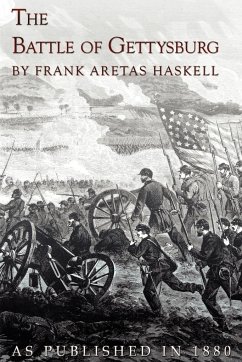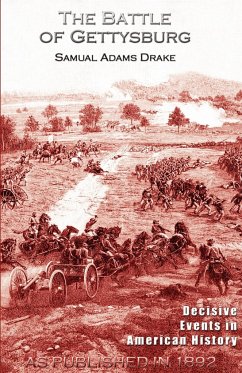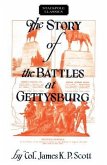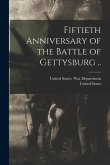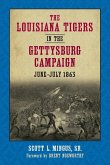This account of Gettysburg was written by Haskell to his brother, shortly after the battle, and was not intended for publication. This fact ought to be borne in mind in connection with some severe reflections cast by the author upon certain officers and soldiers of the Union army. The present text follows the unabridged reprint of the Wisconsin Historical Commission; and the notes on Haskell's estimates of numbers and losses have been supplied by Colonel Thomas L. Livermore, the well-known authority on this subject. Also contains seven historical civil war documents. Reprinted from the Harvard Classic's edition of 1910

